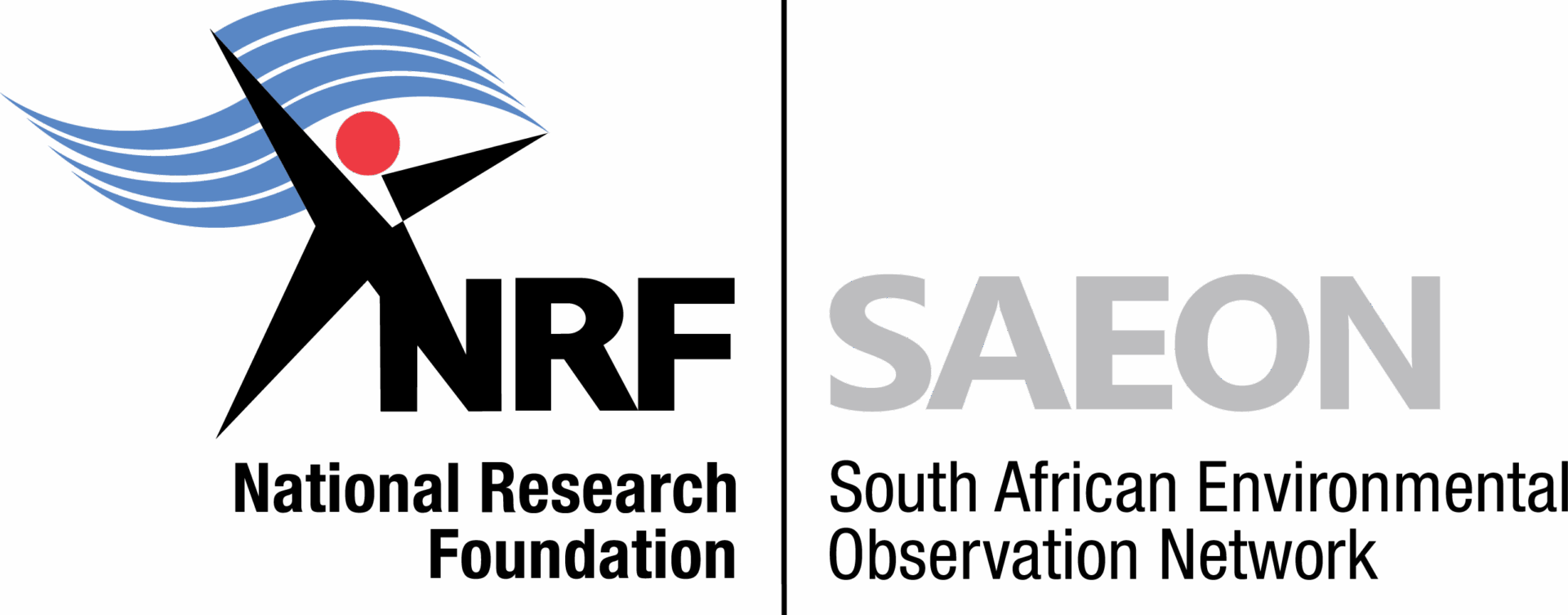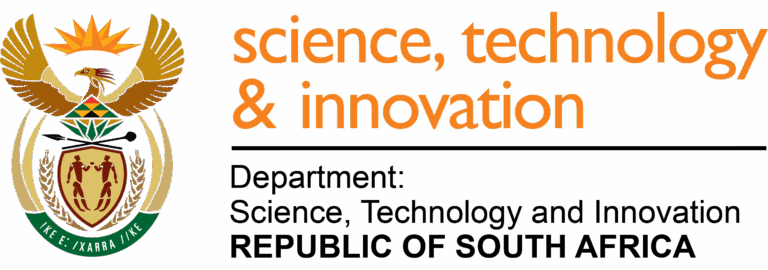A long-term project to study the impacts of land use and climate on the hydrology of the lower reaches of a perennial river, within a semi-arid savanna catchment. The study site covers a stretch of the Letaba River just upstream of the Kruger National Park, including local catchments in both a rural agricultural and conservation area.
While much research has been done on the effect of land use and management on hydrology, this has mostly been done in source areas, i.e. high altitude areas where rainfall is greatly exceeds evapotranspiration, and water runs of the landscape and into rivers. But many rivers actually lose water further along their course, as they flow down into more arid areas. What is the effect of land use and management in these areas? Could appropriate land management lead to a reduction in water loss from large rivers, and significantly improve the supply of fresh water downstream?
The first phase of this project, initiated in 2014, investigates these questions. All the key components of the hydrological cycle are being quantified, in order to determine whether signficant losses of water occur from the Letaba River, to groundwater and / or through evapotranspiration in the riparian zone.
The three-year project will form the basis of long-term data collection and research at this site, giving rise to a genuine hydrological observatory. SAEON intends to maintain all the instrumentation deployed and continue with data collection well beyond the initial three years, and add new projects, instruments and data in the future. This will allow for a better understanding of interactive effects of land use and climate, and provide the type of long-term data needed to detect, and predict, the impacts of climatic change on freshwater resources.

